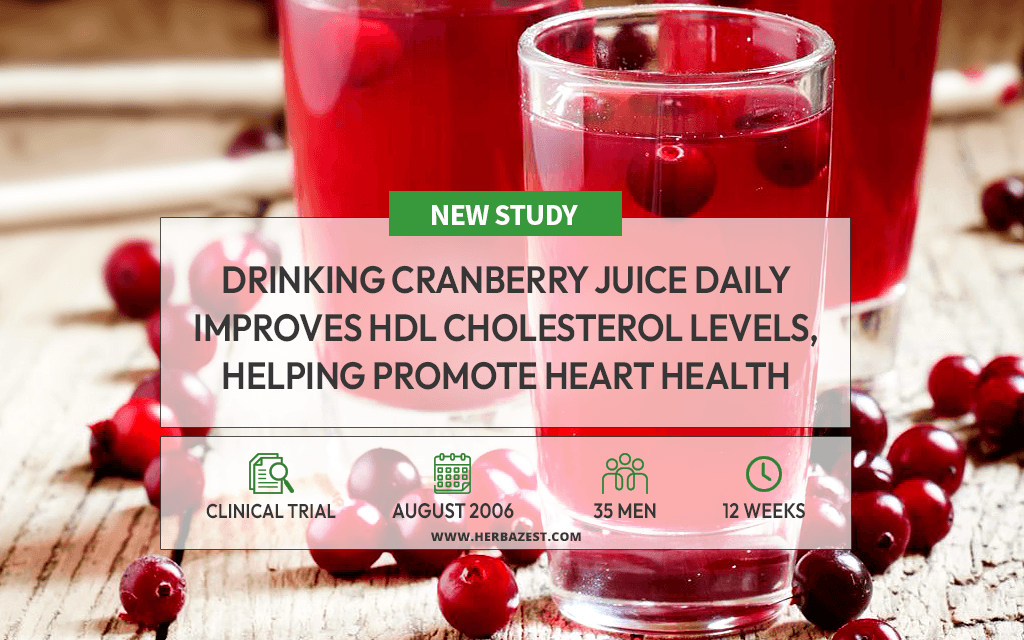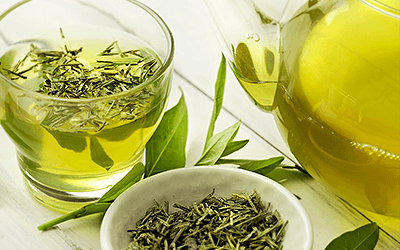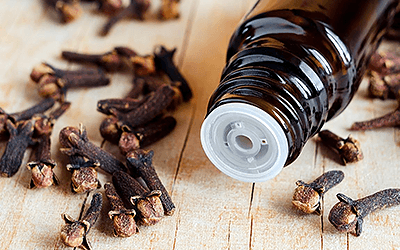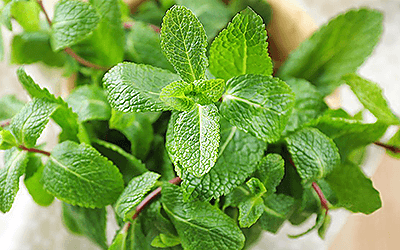Cardiovascular disease remains a top health concern globally, with low levels of HDL cholesterol (commonly known as "good" cholesterol) being a key risk factor.1 While exercise and certain medications can raise HDL levels, food-based strategies have had mixed results. But evidence suggests that cranberries might quietly be making a difference. Rich in powerful antioxidants, these tart berries could play a more meaningful role in supporting heart health than previously thought.
The Study
Canadian researchers set out to explore the effects of cranberries on blood lipid profiles, particularly HDL cholesterol, in abdominally obese men, a group known to be at higher risk of cardiovascular disease.
Thirty five participants drank increasing amounts of low-calorie cranberry juice cocktail over three four-week periods: first 125 ml per day, then 250 ml, and finally 500 ml. Their diet, lifestyle, and body measurements were monitored closely throughout the study.
The Results
After just four weeks of drinking 250 ml of cranberry juice per day, participants saw an average 8.6% increase in HDL cholesterol levels, comparable to what some cholesterol-lowering medications achieve. Interestingly, this improvement plateaued even with the higher 500 ml daily dose, suggesting that drinking more juice didn't necessarily mean more benefit.
Researchers also observed a substantial drop in triglycerides and markers of oxidative stress, while total cholesterol and LDL (“bad” cholesterol) remained unchanged. Notably, the increase in HDL levels closely mirrored a rise in a protein called apo A-I, which helps form HDL particles.
What Does this Mean?
This study offers promising insight for those seeking food-based strategies to support cardiovascular health. It suggests that moderate daily consumption of cranberry juice offers heart health benefits by boosting HDL cholesterol, especially in people with abdominal obesity.
The active agents behind cranberries' cardioprotective benefits are likely their natural polyphenols, which may enhance the body's production of protective HDL particles while reducing oxidative stress. While more research is needed to uncover the exact mechanisms, adding a modest serving of cranberry juice to a balanced diet could be a simple, accessible tool for better heart health.
Other plant-based foods rich in flavonoids, such as grapes, oranges, and cacao, are known for similar heart-supporting properties.
Sources
- The British Journal of Nutrition, Favourable impact of low-calorie cranberry juice consumption on plasma HDL-cholesterol concentrations in men, 2006
Footnotes:
- World Health Organization. (n.d.). Cardiovascular diseases. Retrieved March 21, 2025, from https://www.who.int/health-topics/cardiovascular-diseases#tab=tab_1




